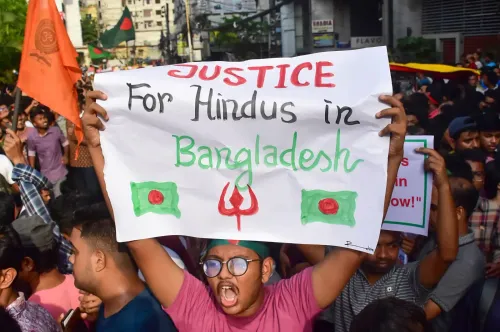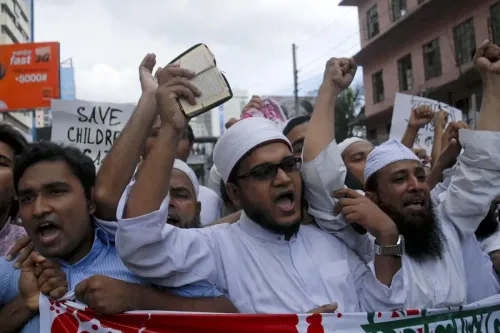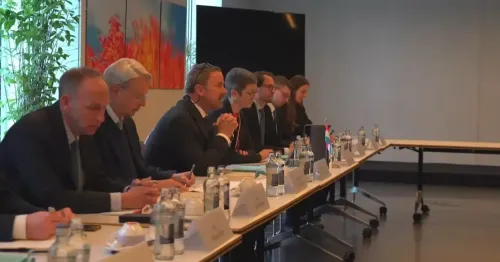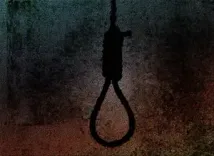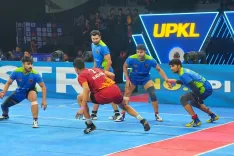Anxiety Grips Gazans as Ceasefire Efforts Falter During Ramadan
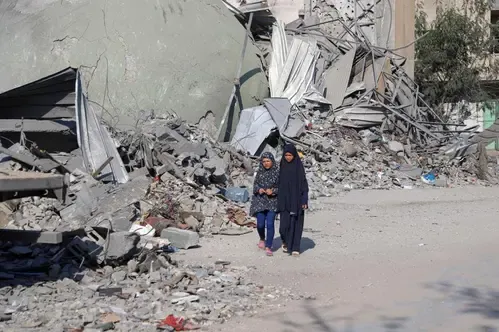
Synopsis
Key Takeaways
- Heightened anxiety among Gazans as ceasefire talks falter.
- Ramadan, typically a time of peace, is overshadowed by loss and fear.
- Many families have lost their homes and loved ones due to ongoing violence.
- Some Gazans strive to maintain hope and traditions despite their circumstances.
- Life in Gaza remains challenging with ongoing concerns of conflict resuming.
Gaza, March 3 (NationPress) In the midst of overwhelming destruction and loss, the people of the Gaza Strip began this year's sacred month of Ramadan with heavy hearts and exhausted spirits, following 15 months of relentless Israeli attacks on the beleaguered region.
While Muslims worldwide embraced Ramadan with prayer and celebration, the atmosphere in Gaza tells a starkly different tale.
Once lively streets in Gaza are now reduced to rubble. The remnants of leveled homes serve as a grim reminder of the devastation, and the air is thick with the stench of gunpowder, death, and decay.
As the first phase of the ceasefire between Palestinians and Israelis concluded on Saturday without any indication of a subsequent phase, Gazans are engulfed in heightened anxiety, fearing that hostilities could resume at any moment, according to a report from Xinhua news agency.
"Each day that passes without bombardment offers a fleeting sense of relief. Yet, we continue to live in fear that the assaults will restart," expressed Om Mohammed al-Najjar, a resident of Khan Younis in southern Gaza, who lost her home during the latest attacks.
"We have endured so much. Ramadan should symbolize tranquility, but here, peace is a distant dream," she lamented.
Mohammed Al-Dahdouh, a 45-year-old father of four from Gaza City, reminisced about the past when his family joyfully adorned their home with lanterns and vibrant decorations. The kitchen would fill with the enticing scent of maqluba and qatayef, traditional Middle Eastern dishes, accompanied by the sounds of laughter.
"Ramadan used to be about family gatherings around the iftar table, the joyful sounds of children, and the aroma of food wafting through the home," Al-Dahdouh told Xinhua. "Now, there is no house, no table. We are squeezed into a small tent, and our meager food supplies barely suffice," he added.
"We hold on to life because we have no alternative. We are people who cherish life, and we deserve to live in safety and peace," he articulated.
In Beit Lahia, a northern town in Gaza, Suzanne Abdel-Ati walks between tents set up on open land, greeting her new neighbors, most of whom share her plight of displacement.
"During the war, the military took my entire family from me, leaving me with only two children," Abdel-Ati shared with Xinhua.
She reminisced about evenings spent with her family breaking their fast together. "Now, they lie beneath the earth," she said softly.
Tasaheel Nassar, a Palestinian woman from Rafah who lost her husband, brothers, and parents in an Israeli airstrike, shared with Xinhua, "This holy month of Ramadan has lost its essence here in Gaza. There are no lanterns, no decorations, no bustling markets. Instead, we are met with deathly silence and the constant aroma of destruction."
"Our loved ones are gone, and we lack the strength to continue," she added, stating, "The pain is unending, and the holy month brings back memories of my lost family."
Despite the hardships, some Gazans refuse to surrender. Arkan Radi, a 35-year-old from Deir al-Balah in central Gaza, along with his friends, has managed to hang some Ramadan decorations in their tent.
"We understand that these decorations won't alter our reality," Radi remarked, "but they symbolize that we are still here, still fighting for life, even during the darkest moments. It may not be a solution, but I wish to bring some hope and joy to my children."



